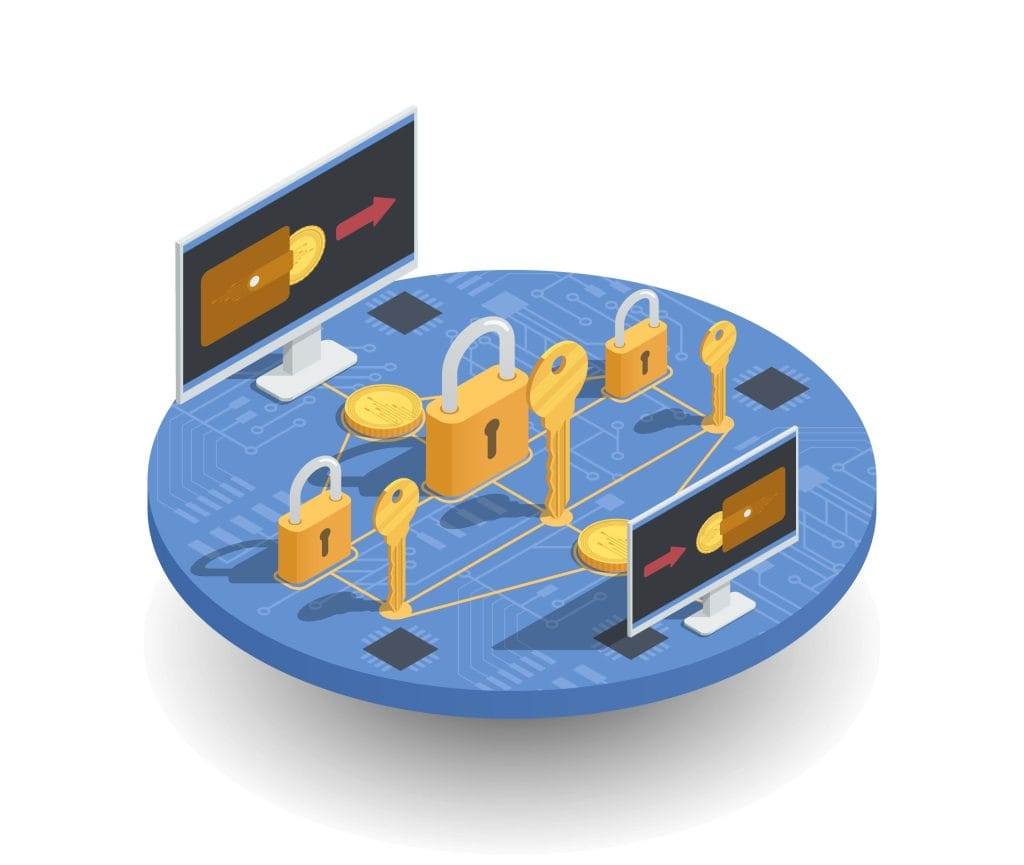Hardware and Software Warranties in Supply Contracts

This article aims to provide practical guidance for businesses that supply or purchase hardware and software and explores warranties in software and hardware supply contracts – what they cover, common warranties and warranty disclaimers, and practical tips to help you understand these contractual terms.
AI and Data Protection: Latest Guidance from Germany

AI technologies, especially Large Language Models (LLMs), are becoming integral to various applications, from customer service chatbots to complex analytical tools. However, their use raises significant data protection concerns. The Conference of Independent Federal and State Data Protection Supervisory Authorities in Germany recently released a guide on AI and data protection, providing a detailed framework for using AI in compliance with data protection laws.
International Data Transfers from Switzerland

In Switzerland, personal data may not be transferred to countries lacking adequate levels of data protection unless specific protections are ensured. The Federal Act on Data Protection (FADP) stipulates that personal data originating from Switzerland must receive comparable levels of protection when it crosses borders as it does within the country.
Generative AI and Intellectual Property Rights in the EU context

As generative artificial intelligence (GenAI) becomes integral to various industries, understanding its mechanics and associated intellectual property (IP) implications is essential for businesses. This article explores GenAI applications from an intellectual property perspective, highlighting key considerations for EU businesses involved in contracting or providing AI services.
Fair Play in the Marketplace: A Guide to Pricing Regulations

The world of commerce thrives on competition, and at the heart of this competition lies pricing.
But what happens when pricing practices become deceptive or prevent healthy competition? This is where pricing bans and rules come into play. These regulations aim to protect consumers and ensure a fair marketplace, but navigating this maze can be complex for both businesses and consumers.
The Swiss Data Protection Act: Records of Data Processing

The new Swiss Data Protection Act introduces several key provisions, including the requirement for entities processing personal data to maintain detailed records of their data processing activities. The regulation outlines specific elements that must be included in the records of data processing, such as the objectives behind data processing, the varieties of personal data processed, and particulars of data transfers to foreign territories, among other requirements.
Data Protection Impact Assessment in Switzerland

A data protection impact assessment is about foresight. It’s about spotting data protection issues early on, simplifying solutions, and cutting costs. Think of it as the planning stage of your hike, where you assess the path for potential hazards. Just as you’d want to know about a washed-out bridge on your hiking route in advance, data protection impact assessments help catch problems before they become complex and expensive.
A Guide to Software Licence Terms

A software licence is an agreement between the creator or provider of the software (the licensor) and the user (the licensee). Unlike buying a physical product, purchasing software doesn’t transfer ownership of the software itself to you. Instead, you’re granted permission to use the software according to specific terms and conditions laid out in the licence agreement.
What is new about data protection officers in Europe?

In January 2024, the European Data Protection Board (EDPB) released a significant report following an extensive review of Data Protection Officers’ (DPOs) roles across the EU. This article aims to break down the report’s findings and offer straightforward advice for DPOs and businesses looking to improve their data protection efforts.